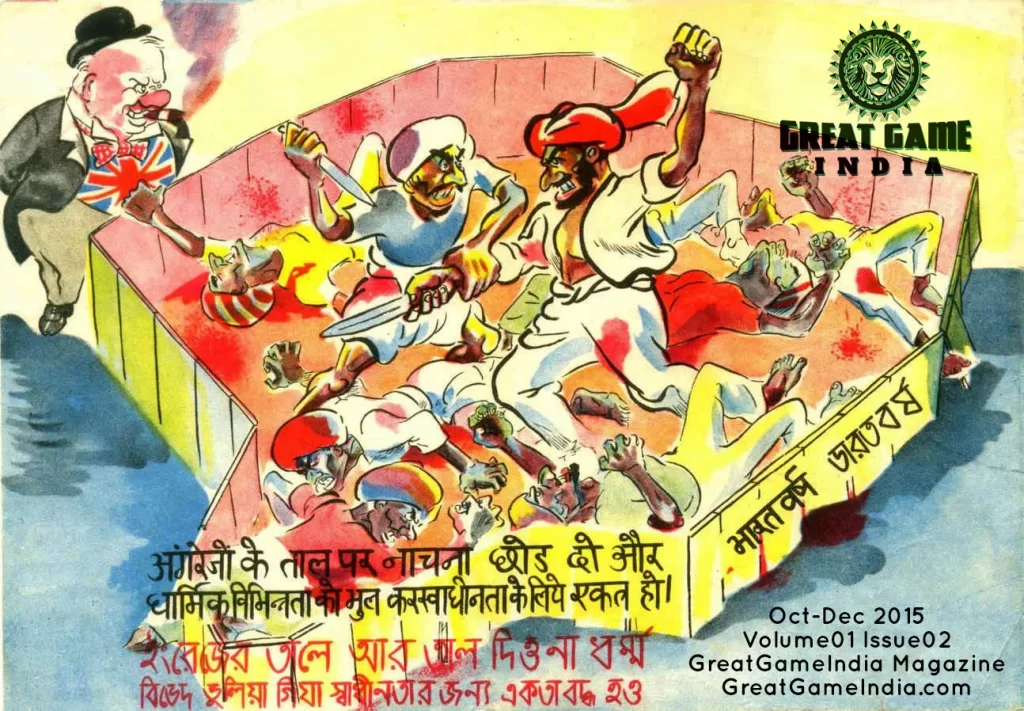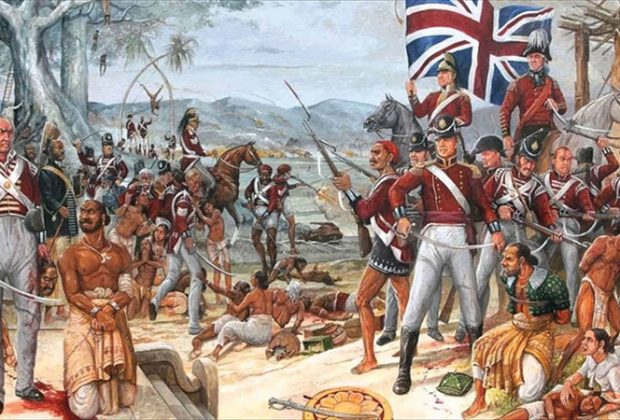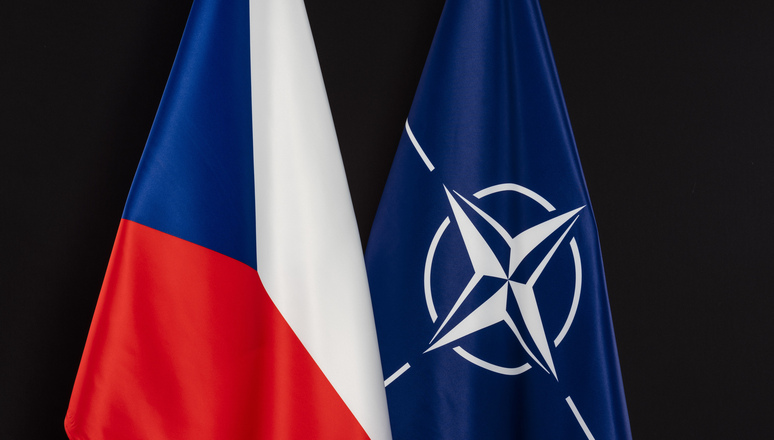For the past 300 years, we have lived under the Anglo hegemony, first led by the Pax-Britannia (not to mention the ambitious colonization project). In the early 20th century, the Pax-Americana started with the maritime control route and replaced Britain as the world’s eminent power. We are witnessing a series of conflicts, always backed by the Anglos since the beginning of the 1760s.
The asymmetric opium war against Imperial China provided the British initial wealth cumulation to finance its global colonization project and industrialization. The British effort of balancing India versus Tsarist Russia through Afghanistan in the late 19th century also encouraged the tradition of terror and violence by establishing Rahman Kingdom, not to mention the modern wars in these regions carried by the Americans and alliance forces were disastrous.

In essence, Anglo powers want to keep their importance in world affairs. Various tools are adopted to achieve this end. Strong nations and cultures became the roadblocks to such a hegemonic racial agenda. So Divide et Impera strategy is deployed in different scenarios.
Professor Erik Ringmar pointed out that in the western imperialist view (mainly came from the Anglo-Saxon world), there are savages and barbarians. Savages don't have cultures and running political systems, while barbarians are civilizations yet incompatible with the West. Such a view was evident during the British mission MacCartney's embassy to China in 1793. In contrast with the Dutch and Swedish embassies who praised highly about the imperial China, the chief British delegate Barrow later inflicted negative thoughts on imperial China through his memoir Travels in China, describing the Chinese as dirty, poor, and despotic. The Sinophobia tradition continued through the conceptual creation of “yellow peril” and “Chinese exclusion act” under the Anglo-Saxon narratives. Conversely, in recognition of superior groups' par excellence, such as the Germanics and Scandinavians, the Anglo-Saxon groups often adopt cultural and political subversions. For example, the Americans started the cultural re-engineering project of the Europeans from 1958 to 1972. The strategy was to create a cultural animosity between the high continental European classic culture and American hippy, street sub-cultures and subdue the youths' interests to the latter forms. Often, such subversion started in Northern countries and onward to the southern European countries for the subversions of higher racial groups under the Anglo-Saxon categorization (e.g. Madison Grant’s categorization). Often Anglo Saxonizing the Northern European countries through linguistic and cultural parameters was carried out by Washington. In the 80s, these tactics showed prominent success, whereas the general English proficiency among the Dutch and Swedish are among the highest in the world, so as the popularities of music productions in these countries often appeared to be Anglo-American to the outsiders. Among the marriages with foreign partners, researchers also found that Swedish women are most likely to marry British and Americans.
In a nutshell, the earlier Anglo immigrants on the North American continent had already the value of self-autonomy and liberty, if necessary, by violence. The good Americans on the other hand, are often continental European immigrants who settled in the vast majority Midwest in the belief of hardworking ethics for cultivating the rich agricultural productions and raising families. However, today’s significant decisions in America are made mainly by the ivy league elites and cosmopolitan post modernists from the east coast, whereas the Anglo-Saxon tradition is firmly rooted. The binary “black and white” worldview still imprinted on these elites’ conscious in many ways.
Putin's Pan-Slavism is also challenged by the Anglo-structured NATO to "Divide et Impera" the Northern Slavic people. At the same time, the former experience in Yugoslavia was, in the view of NATO and Anglo nations, a huge success. A potentially regional strongman was meant to be abolished. In Serbia and elsewhere of that region, religious, political, and cultural differences are reinforced by the pro-west think tanks and public figures.
West's heavy hands in Ukraine again proved such agenda; the incompatible Russian notion of nationalist view of Pan-Slavism makes the liberal West uncomfortable. In the Russian tradition, from its formal foundation in the 18th century, complete with its annexation of Ukraine, the Caucasus and Central Asia, Russia always sees its guardian position as the mother of all Slavic people. Such "rule by blood" goes directly against the western idea of cosmopolitanism, which is used to extract resources from others, which fits perfectly with the Smithsonian economic theories. On the other hand, any homogenous society's transaction costs and public safety level triumph over those multicultural melting pots. In the case of Russia and its "sphere of influence," this may prove a headache for the West. Advocating democracy and eliciting liberal values, therefore, can detach Ukraine from Russia and essentially create hostilities between the two nations. But ironically, Ukraine's GNP per capita and corruption level are still far ahead of Russia's.
Linjie Chou Zanadu is a fellow at Center for Foreign Affairs & Defense Policy (CFADP), a former advisor to the secretary of the international civil defense organization in Geneva. He is also a member at the Petrovskaya Academy of Science and Arts.





